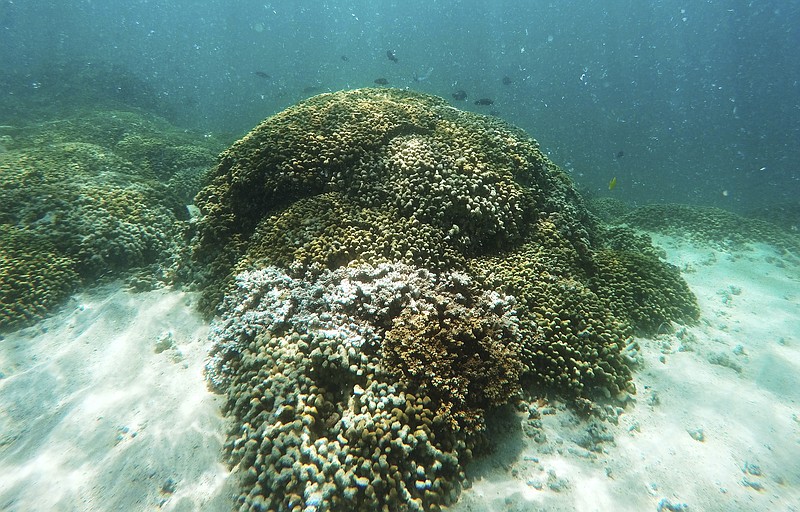WASHINGTON (AP) - U.S. scientists announced Monday that a record global coral reef bleaching event has finally ended after three years.
About three-quarters of the world's delicate coral reefs were damaged or killed by hot water in what scientists say was the largest coral catastrophe.
The National Oceanic and Atmospheric Administration announced a global bleaching event in May 2014.
NOAA coral reef watch coordinator C. Mark Eakin says the forecast damage doesn't look widespread in the Indian Ocean, so the event loses its global scope. He says it will still be bad in the Caribbean and Pacific but less than recent years.
Eakin says coral have difficulty surviving water heated by climate change with a natural El Nino nudging conditions over the edge.
